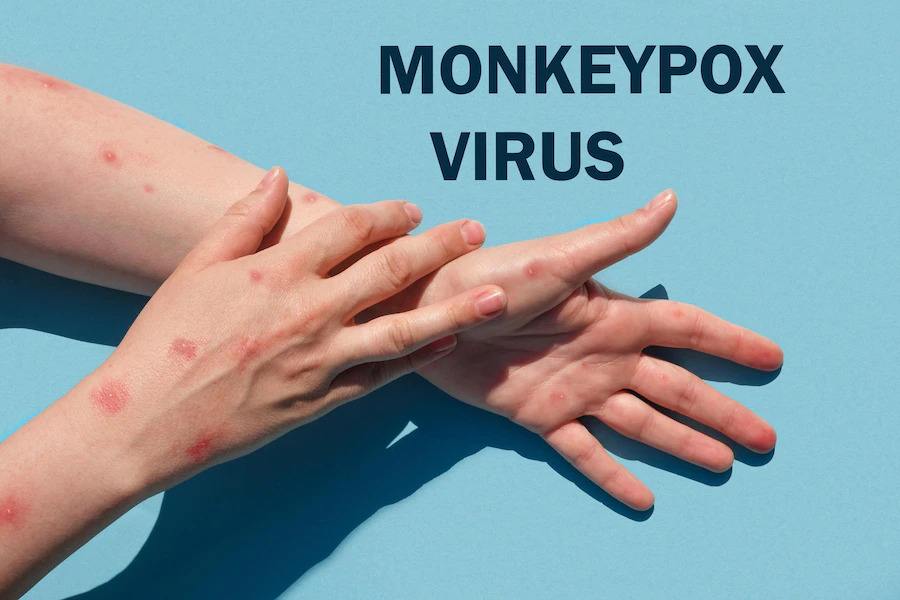COVID-19 may deepen depression, anxiety, and PTSD among pregnant, postpartum women

Boston [US], December 2 (ANI): In a new study published in Psychiatry Review, researchers from Brigham and Women’s Hospital surveyed pregnant women and those who had recently given birth, finding concerning rates of depression, generalised anxiety, and post-traumatic stress disorder (PTSD) symptoms, which were found to be exacerbated by COVID-19-related grief and health worries.
“We know the perinatal period is already a time in which women are particularly vulnerable to mental health concerns,” said corresponding author Cindy Liu, PhD, of the Department of Pediatric Newborn Medicine and the Department of Psychiatry. “We primarily wanted to see what factors related to the pandemic might be associated with mental health symptoms.”
The researchers launched the Perinatal Experiences and COVID-19 Effects Study (PEACE) to better understand the mental health and well-being of pregnant and postpartum individuals within the U.S. during the COVID-19 pandemic. Among 1,123 of these women surveyed between May 21 and August 17, 2020, the researchers found that more than 1-in-3 (36.4 percent) reported clinically significant levels of depression. Before the pandemic, rates of perinatal depression (depression occurring during or after pregnancy) were generally considered to be 15-20 per cent. Furthermore, 1-in-5 (22.7 per cent) reported clinically significant levels of generalized anxiety, and 1-in-10 (10.3 per cent) reported symptoms above the clinical threshold for PTSD.
In particular, the researchers found that approximately 9 percent of participants reported feeling a strong sense of grief, loss, or disappointment as a result of the pandemic. This group was roughly five times more likely to experience clinically significant measures of mental health symptoms. More respondents (18 percent) reported being “very worried” or “extremely worried” about COVID-19-related health risks. This group was up to over four times more likely to experience clinically significant psychiatric symptoms.
The researchers recruited participants for the PEACE survey primarily via word-of-mouth, using posts on email lists and in social media groups. They noted that as a result, the sample population was fairly homogenous: 89.9 percent were white, 92.1 percent were at least college-educated, and 98 percent were living with their spouse or partner. The household income for 45 percent of the participants was over USD 150,000.
“People who are working from home, who have maternity leave, or who simply have the time to do a survey like this are disproportionately white and well-off,” Liu said. “That is a limitation to this work. Through a survey, we can get in-depth information very quickly, but we are missing the perspectives of various important segments of the population.”
The researchers used standardized measures for evaluating COVID-19-related health worries and experiences of grief. “We were looking for associations that inform what we can do as clinical providers to better support families during this time,” said co-author Carmina Erdei, MD, of the Department of Pediatric Newborn Medicine.
“We wanted to know what is being taken away when a new mother is not able to participate in the usual rituals around birth and welcoming a new family member. The survey responses offer valuable insight into that and help guide what we as health care professionals can do better.”
The researchers were able to examine how previous mental health diagnoses, as self-reported by the respondents, impacted these rates. They found that those with pre-existing diagnoses were 1.6-to-3.7 times more likely to have clinically significant measures of the three conditions analyzed. But elevated psychiatric distress was observed in participants regardless of their mental health histories.
Qualitative data gathered through the survey have also provided the team with striking insights into the perinatal experience, but these findings have not yet been analyzed systematically.
The researchers note that the mental health experiences of those surveyed match what they observed clinically during the early months of the pandemic, when many of the usual perinatal supports, like assistance from a partner, family member, or peer group, were limited due to fears surrounding COVID-19 infection risks and halting of support services.
“Obstetric practices weren’t able to screen for mental health symptoms as well, all while people’s mental health was under the most pressure,” said co-author Leena Mittal, MD, of the Department of Psychiatry. “Mental health supports have persisted and come back in new ways, and the amount of innovation surrounding delivering group and individual care, especially using virtual platforms, is phenomenal. On the psychiatry side of things, we have never been busier, and individuals and families who feel they need mental health care should seek it.” (ANI)
Source: ANI










